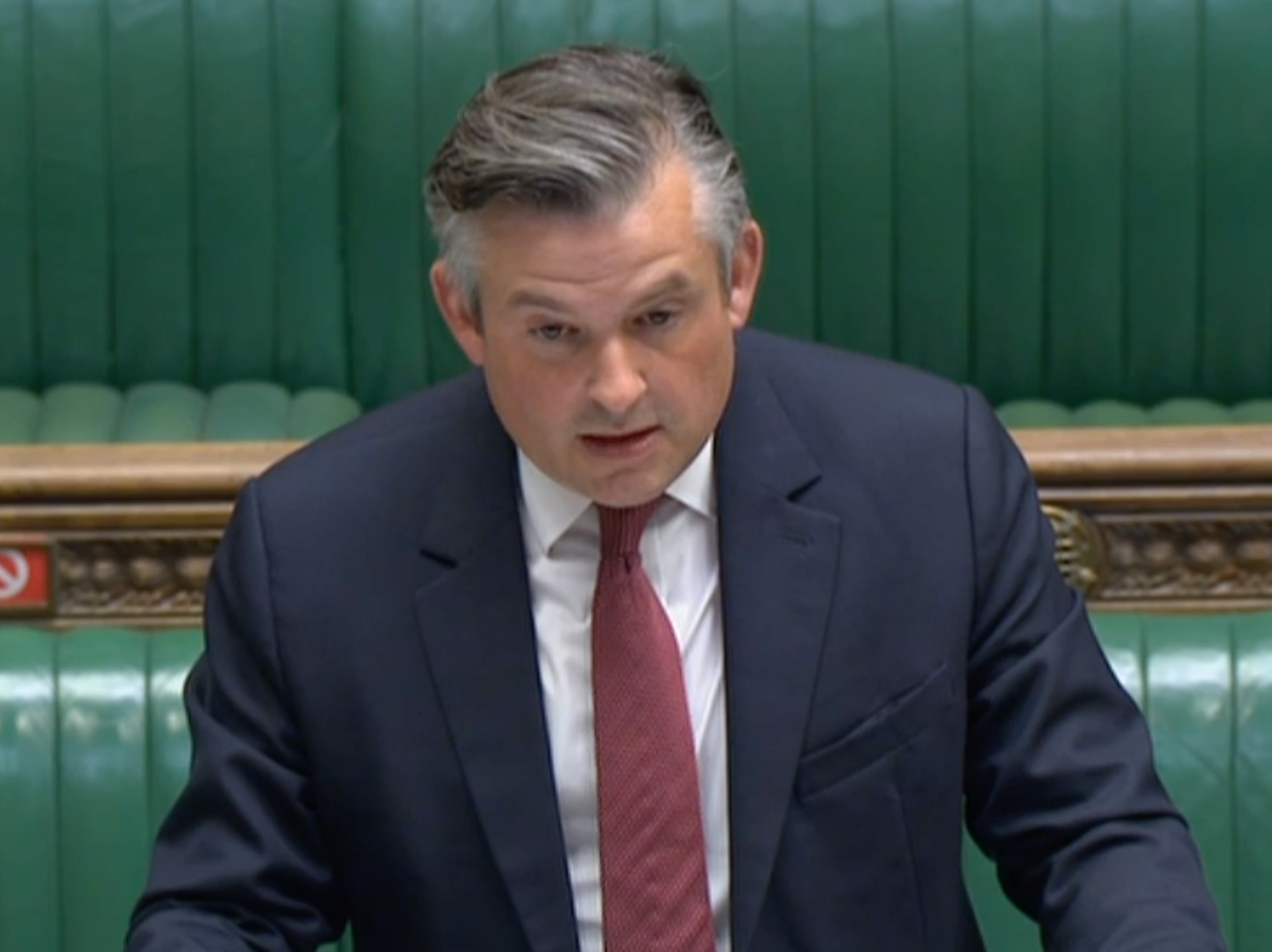Average real wages ‘set to plunge by £2,000’ in two years as living costs soar
Real wages are set to fall from their current level of £29,016 to £27,850 by spring of next year, estimates show

Average real wages are set to fall by £2,000 in just two years as the cost-of-living crisis hits UK workers hard,new figures show.
Annual earnings fell by £860 in the last financial year and are expected to further decrease by £1,160 by spring 2023, according to data released by Labour.
This means the average worker would be more than £2,000 worse off than they were in 2020/21.
Separate research from the Resolution Foundation recently noted that real earnings are not set to rise above the 2007 peak again until the end of 2026.
To help ease the rising cost of living – fuelled by the impact of Covid-19 and war in Ukraine – MPs from across the political divide have called on the government to implement an emergency budget and introduce a windfall tax on oil and gas producers, which would help to cut home energy bills.
Boris Johnson has insisted there would be further financial support to deal with the crisis, but said he was “not attracted” by the idea of a one-off tax levy.

On Monday, the prime minister said the government would “put our arms round people” but he declined to spell out what help might be offered, or when.
One idea which appears to have been rejected by the Treasury is a return of the £20-a-week increase in universal credit.
Addressing the projected fall in average real earnings for the next financial year, shadow work and pensions secretary Jonathan Ashworth said the rising cost of living is “outpacing wages and hammering household incomes”.
He added: “With at least eight million in work in poverty it’s clear the Tories have no plan to protect family incomes.
“We need reform of employment support to ensure people have well paid jobs, a windfall tax to help cut energy bills and an emergency budget to give struggling households real help now.”
The Office for Budget Responsibility forecasts average earnings growth of 5.1 per cent across the four quarters of the 2022/23 financial year, while the Bank of England has predicted an average CPI inflation of 9.5 per cent over the same time period.
Based on these estimates, real wages are set to fall from their current level of £29,016 to £27,850 by spring of next year, Labour said. Compared to April 2021, that represents a fall in real wages of £2,028.

A government spokesperson said a £22bn package of support was being made available to months to British families to “navigate the months ahead”.
“That includes saving the typical employee over £330 a year through a tax cut in July, allowing people on universal credit to keep more of the money they earn – benefitting over a million families by around £1,000 a year, and providing millions of households with up to £350 each to help with rising energy bills.
“The chancellor has been clear that as the situation evolves, our response will evolve – and we stand ready to do more.”
The Resolution Foundation research, published last week, also showed that the cost of living gap between the richest and poorest households is higher than at any point since records began in 2006.
“Inflation reached a 40-year high in April off the back of a sharp rise in energy bills and the highest food price inflation in a decade,” the think tank said in a briefing.
“These recent drivers of inflation mean that lower-income families are facing the most severe cost pressures, with their inflation rate already hitting double digits. Families are already responding to all this with around a third of those facing rising costs cutting back on essential spending, such as food.”
Citizens Advice says that it has helped more than 750 people every day in May with referrals to food banks. It has also supported nearly 30,000 people with energy debts since the start of January, a 26 per cent increase on the previous year
“The warning lights could not be flashing brighter,” said Dame Clare Moriarty, chief executive of Citizens Advice. “The government must bring in more targeted support to help people cope with this mounting crisis.”






Join our commenting forum
Join thought-provoking conversations, follow other Independent readers and see their replies
Comments